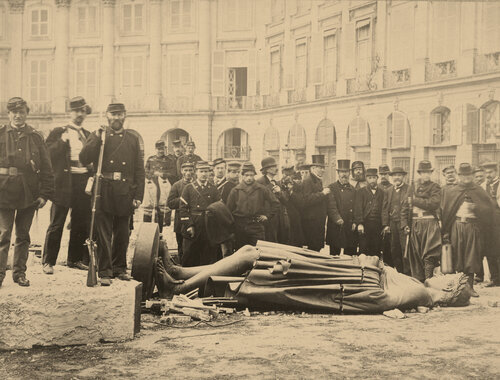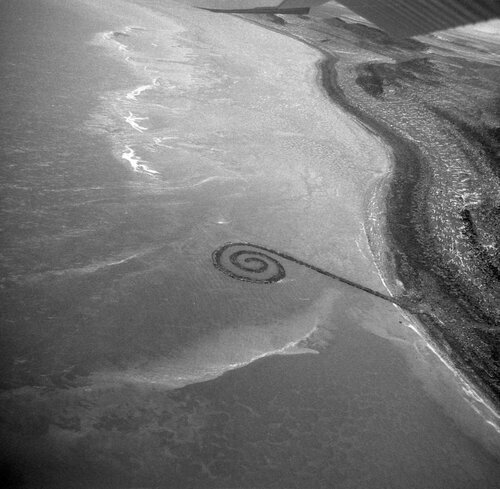Museums and Politics: A History of Disappointments, Part I
Why is it no longer self-evident that museums are valuable to anyone but professional artists, critics, administrators, and scholars? Why are the humanist values embraced by the artists of the Paris Commune now so suspect? Why are we so inclined to protest museums and curators, preening for their attention and permission?
Translation as Conquest, Part IV
Eternity changes Poe’s oeuvre into itself — goes on discovering its truth content — through “a remarkable number of works that derive from it, that are not so much imitations as they are consequences.”
The First Episode: Poetry of the Past — the Future, Part II
As Baudelaire would come to recognize, the language of commodities is the language of correspondances — of the “sympathetic resonance” of the equality of the principle of exchange — and that the strange, spontaneous language of commodities is the lyricism of modern poetry.
Translation as Conquest, Part III
Anyone can only gain by a good translation because a translation acts upon and retroactively transforms the original.
What is the Meaning of This?
Today’s culture and its criticism seem like they are dying to keep the past alive. But to what end? If knowing our past isn’t exactly what we’re doing here, then what are we doing?
Negrophilia and The Black Square
Nobody is going to remember blackout Tuesday. That wasn’t the point. It wasn’t even really an experience, and we won’t learn anything from it.
Ambivalence as a Tool, Part III
In what way does art still point beyond capitalism today? Whether or not contemporary art still has a potential to point beyond the present, is a question we must be willing to ask.
On Art, Hopelessness, and Crisis, Part II
Art need not retreat from our moment to succeed as art, but it must not stoop to the remedial desire to change our moment. It is more than enough for works of art to register the human suffering the pervades our age. To register the suffering and paint nonetheless is a cry for a better world.
Ambivalence as a Tool, Part II
The task of the art critic (or any intellectual) is to prove that art still matters, that art still has a right to exist — even when she knows it might not, hence the importance of ambivalence as a critical tool.
Ambivalence as a Tool, Part I
We wanted to take contemporary art seriously, but so few artworks took themselves seriously.
The First Episode: Poetry of the Past — the Future, Part I
With the unforeseen rise of the proletariat upon the empty stage of world-history, with the supreme and final flourishing of free and propertyless labor, the age of social revolution — total cosmic transformation — begins.
Fleshing Out Music, Eros, & Reason
We may want opera, but are we capable of loving enough for it?
Taking Stock: First Month of Caesura
At Caesura, we are still making sense of who our audience is and who it can be.
Critique of Revolutionary Art: Trotsky, Benjamin, Adorno, and Greenberg
Modernist art for Trotsky could not be considered a new culture but rather an expression of the task and demand for transcending bourgeois society and culture.
On Art, Hopelessness, and Crisis, Part I
We have been a society in despair for quite some time. And without meaningful social existence, without the political possibility of imagining a better world, what possibilities are there for art?
Two, Three, Many Octobers: The Vanquished Tradition of the Avant-Garde, Part II
In pursuit of some kind of deliverance, the avant-garde had undertaken to record the endless parade of human suffering as it appeared in both the costume of a present ‘now’ and in the torn, worn-out rags of an unresolved past.
Translation as Conquest, Part II
The past doesn’t disappear into the present but thunders into oblivion along with it. The present is meant by the past, even if it’s not the future that the past had in mind.
The Most Constipated Man: Aesthetics in the Belly of a Worm
To be ‘cultured’ is also to dam up culture and become constipated.
The Naive Critic
The girl fulfills an ideal, which presents a potential of connecting/relating myself to that ideal. The painting represents the ideal of naivete I seek to develop in and through art criticism.
Individual Channels
The closure of public life provides a moment to reflect upon its usual reproduction, a question the club culture has not felt tasked to answer.



















